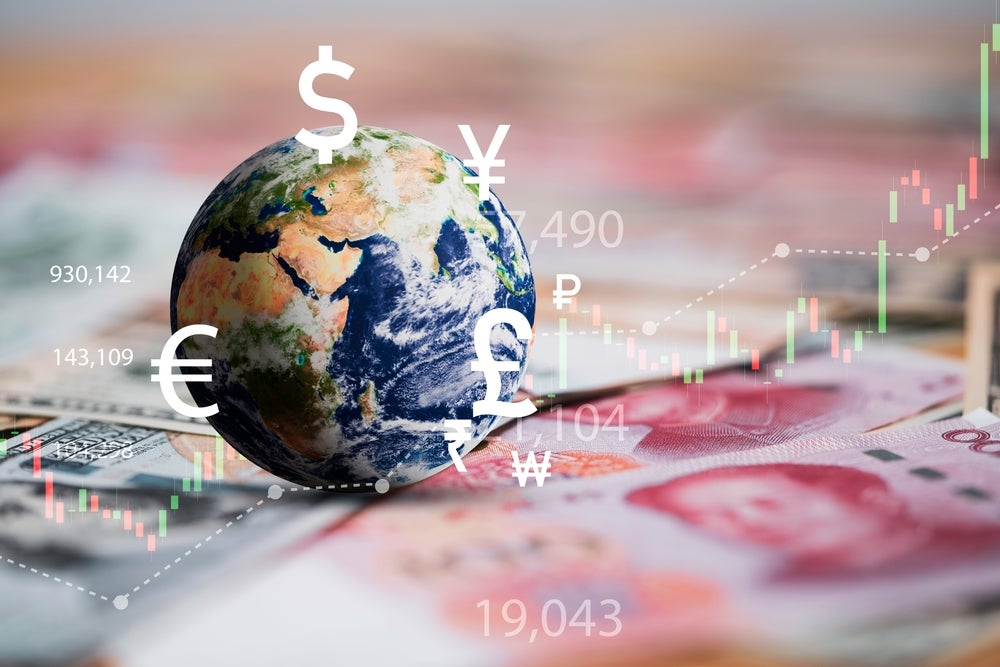Controversies are Kim Kardashian’s bread and butter. Since a leaked sextape hurled her into the public eye back in the noughties, the Keeping Up With The Kardashians star has been at the centre of a string of headline-grabbing scandals. However, her recent foray into the world of cryptocurrencies seems to have truly broken the internet.
The US Securities and Exchange Commission (SEC) has fined Kardashian $1.26m for touting a cryptocurrency without disclosing that she was paid for it. Experts believe that while many influencers have shilled ‘shitcoins’ in the past, the financial markets watchdog picked the socialite to “make an example of her.”
The digital asset EthereumMax, or EMAX, is at the centre of the regulator’s case against the reality TV star. At the time of writing, the cryptocurrency is worth about $0.000000008. That may seem low. However, EMAX was worth about half that before the Kardashian fine was made public and gave it a slight bump.
Like many of its ilk, the memecoin’s white paper promotes itself with lofty aspirations to “disrupt history” by giving users “special access” to “the hottest restaurants and clubs” as well as “other lifestyle perks not readily available to the general public.”
So far, that pledge seems to mostly translate into giving EMAX users access to a series of chance-based casino games on its own website. EMAX did not return our requests for comment.
Anyway, EMAX’s valuation is not why the KKW Beauty founder has found herself in the financial watchdog’s crosshairs. Instead, Kardashian is facing the ire of the SEC because she posted about EMAX on social media without stating that she had been paid $250,000 to promote the cryptocurrency.
“This case is a reminder that, when celebrities or influencers endorse investment opportunities, including crypto asset securities, it doesn’t mean that those investment products are right for all investors,” said SEC chair Gary Gensler. “We encourage investors to consider an investment’s potential risks and opportunities in light of their own financial goals.”
Kardashian has agreed to settle the charges by paying the $1.26m in penalties, disgorgement and interest. She will also cooperate with the SEC’s ongoing investigation.
Kardashian’s lawyer told BBC News: “Ms Kardashian is pleased to have resolved this matter with the SEC.”
The lawyer added: “Kardashian fully cooperated with the SEC from the very beginning and she remains willing to do whatever she can to assist the SEC in this matter.
“She wanted to get this matter behind her to avoid a protracted dispute.
“The agreement she reached with the SEC allows her to do that so that she can move forward with her many different business pursuits.”
Why did the SEC fine Kim Kardashian for her cryptocurrency post?
There are several reasons why the SEC decided to fine Kardashian for the her cryptocurrency post. The most obvious factor is that the regulator thought she had “violated the anti-touting provision of the federal securities law”, as stated in a public statement.
However, market watchers are more inclined to think the SEC just wanted someone to make an example of.
“The SEC can have their pick of the litter in terms of tokens that they deem securities, but only one is associated with Kim Kardashian,” attorney Nelson Rosario, who runs a crypto-focused practice, told CoinDesk. “You can make an example of her. You reach a lot of people – it’s kind of a bang for your buck situation.”
One should also note that the SEC levied the penalty against Kardashian on the back of having ramped up its recent efforts to regulate the cryptocurrency market.
The SEC has made no secret about its eagerness to police the crashing cryptocurrency industry. Gensler has publicly argued that the Wild West of blockchain bullion must be tamed, urging Washington D.C. to give him power to sheriff the industry.
As part of this effort, the regulator has actively championed that cryptocurrencies should be regulated like securities. The crypto community is heavily opposed to that idea, arguing that it would run counter to the decentralised ethos of bitcoin and similar assets – a common refrain whenever more policing is suggested.
This summer, the watchdog launched an investigation charged a former Coinbase employee for insider trading, defining several of the digital assets traded as securities. If the court finds in the regulator’s favour, it would seriously sharpen the SEC’s ability to scrutinise cryptocurrencies.
Cryptocurrency winter continues
The news about the SEC fining Kardashian comes in the midst of the cryptocurrency winter that’s blown in across the market, slashing two-thirds of the value of the sector since its all-time high in November.
A mixture of the war in Ukraine, accusations of Vladimir Putin and his henchmen using the asset class to skirt sanctions, the Covid-19 backlash, regulatory crackdowns and the recession warnings sweeping across the globe have all contributed to the chill.
It’s unclear how the constant barrage of accusations that criminals use cryptocurrencies to launder money or finance terrorism have influenced the market, given that these claims have been levied for more than a decade.
Crypto bros have put on a brave face despite the downturn. Most of them argue that the market will recover when the economic volatility around the world has settled a bit.
Interestingly, data accessed from research firm GlobalData in September seems to back up this notion, if only slightly. Looking at the flow of venture capital deals going into the industry, it seems as the amount raised far above those seen before the pandemic.
So far in 2022, the industry has raised over $15bn across 972 deals. That's up from the $3.3bn raised in 2020 across 533 deals.
GlobalData is the parent company of Verdict and its sister publications.







